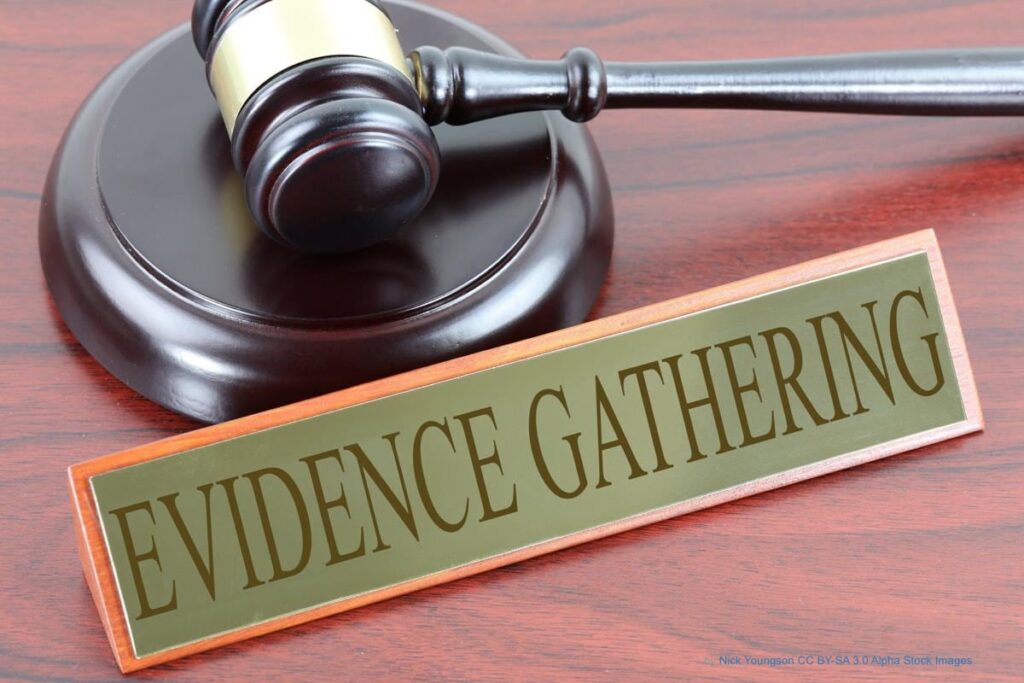Doctrines Of Devils

Do you believe in demons? …or have you chosen to be numbered with the faithless who dis-believe everything that cannot be fathomed by the five senses. This would include the existence of God, Angels, Heaven, Satan, Demons, and Hell. Perhaps you should reconsider in light of the abundance of evidence that suggests there is more to reality than meets the eye. (Romans 1:20). What you see, could not have produced and cannot be responsible for maintaining itself.
For those who persist in their denial of the obvious, you should know that Satan and his cohorts, the demons, are delighted that you do not believe in them, but be sure, they believe in you. They spend themselves to keep you in the dark concerning the realm you are destined to share with them in eternity.
The Bible tells us that Satan and demons were actually created as holy angels, who rebelled against God and were cast out of heaven (Revelation 12:4) They are vicious, and willing to do whatever it takes to damn your soul to eternal Hell. They are liars and murderers: “Ye are of your father the devil, and the lusts of your father ye will do. He was a murderer from the beginning, and abode not in the truth, because there is no truth in him. When he speaketh a lie, he speaketh of his own: for he is a liar, and the father of it. (John 8:44)” They intend to cloud your mind so that you cannot understand spiritual truth: “In whom the god of this world hath blinded the minds of them which believe not, lest the light of the glorious gospel of Christ, who is the image of God, should shine unto them. (2Corinthians 4:4)” God warns, “Be sober, be vigilant; because your adversary the devil, as a roaring lion, walketh about, seeking whom he may devour: (1Peter 5:8)”
For those who dabble in spiritual darkness, or just reject spiritual light, beware; the powers of darkness have devised a whole theological system of lies to pacify your spiritual curiosity and keep you confined to spiritual darkness forever. “Now the Spirit (of God) speaketh expressly, that in the latter times some shall depart from the faith, giving heed to seducing spirits, and doctrines of devils; (1Timothy 4:1)”




